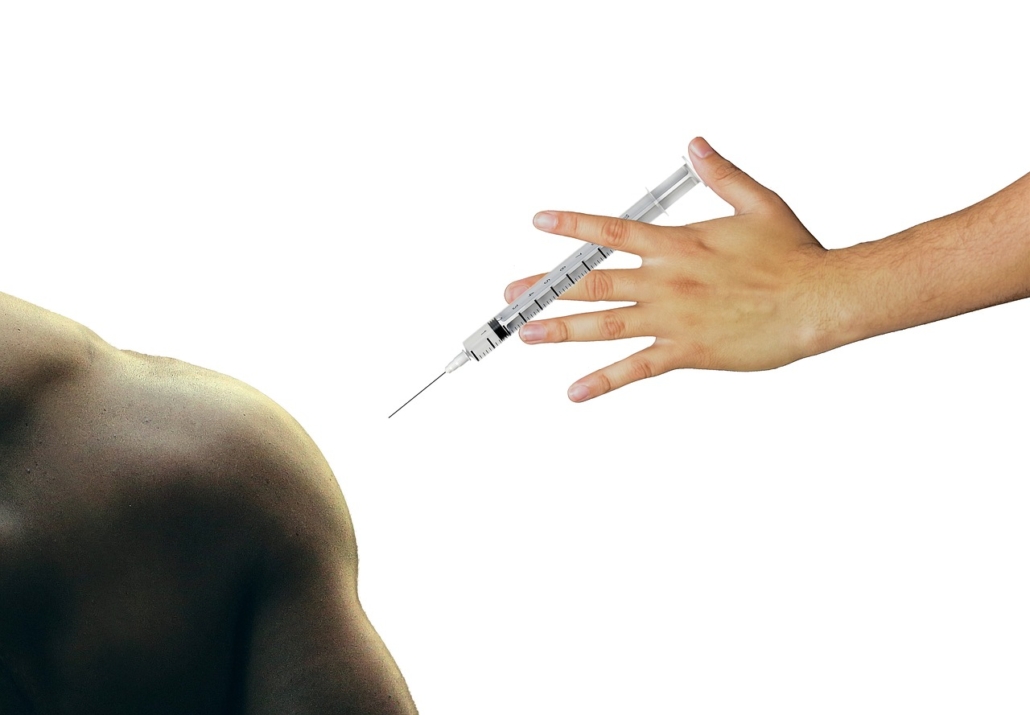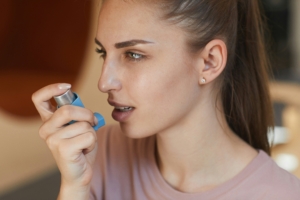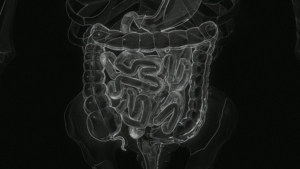
EU approves second COVID-19 vaccine
Following a recommendation by the European Medicines Agency (EMA), the European Commission has approved a second vaccine against the novel coronavirus SARS-CoV-2.
The EU has secured a total of 160 million doses of mRNA-1273 from the US-American manufacturer Moderna, which has outsourced production sites on the European continent. "Approval of Moderna’s vaccine will allow us to significantly accelerate the number of people who are vaccinated every day. With another mRNA vaccine, from German company CureVac, also in the EU portfolio, this is expected to increase significantly in Spring," said the EEP health policy spokesman in the European Parliament, Peter Liese.
At the same time, Liese criticised the the EMA for not having approved an amendment application by BioNTech SE at the same time. BioNTech had initially only applied for five vaccine doses to be obtained from one ampoule. However, it has turned out that with careful work and through the use of special syringes, six doses can be obtained, which result in a 20 per cent higher vaccination rate. The special fine-dose syringes are available for a few cents each. BioNTech and the EMA were expected to agree on the details in the next few hours. Regardless, the Federal Ministry of Health and the state health ministries have made it clear that 6 doses are possible even now if used correctly," said Liese.
On Tuesday, Liese had presented a 10-point paper on vaccine supply in the European Union. In addition to the approval of the Moderna vaccine and the increase from 5 to 6 doses, he proposes, among other things, a cooperation between the two German manufacturers BioNTech and CureVac. The two most important issues that need to be addressed now, in Liese’s view, are: First, a limited approval of AstraZeneca plc’s vector-based vaccine that was shown to have lower efficacy vs. the mRNA vaccines of BioNTech and Moderna. According to Liese, "there are justified concerns about administering this vaccine to at-risk individuals. The efficacy in high-risk persons does not seem to be sufficient. In younger people, however, it is quite considerable."
Another problem might be that AstraZeneca has inadvertently given only half the dose to some of the study participants and that, surprisingly, however, the subjects who received half a dose had a better protective effect than those who received a whole vaccine dose. Under normal circumstances, a clinical trial that has not been conducted correctly is not a basis for approval. "However, it is justified to make an exception in these cases," said Liese. "but to limit the authorisation very clearly to the population groups in which a good protective effect has been achieved in a clinical trial." However, he thinks that in the current situation, it is certainly justifiable to carry out a licensing of the AstraZeneca vaccine within narrow limits.



 Unsplash+
Unsplash+